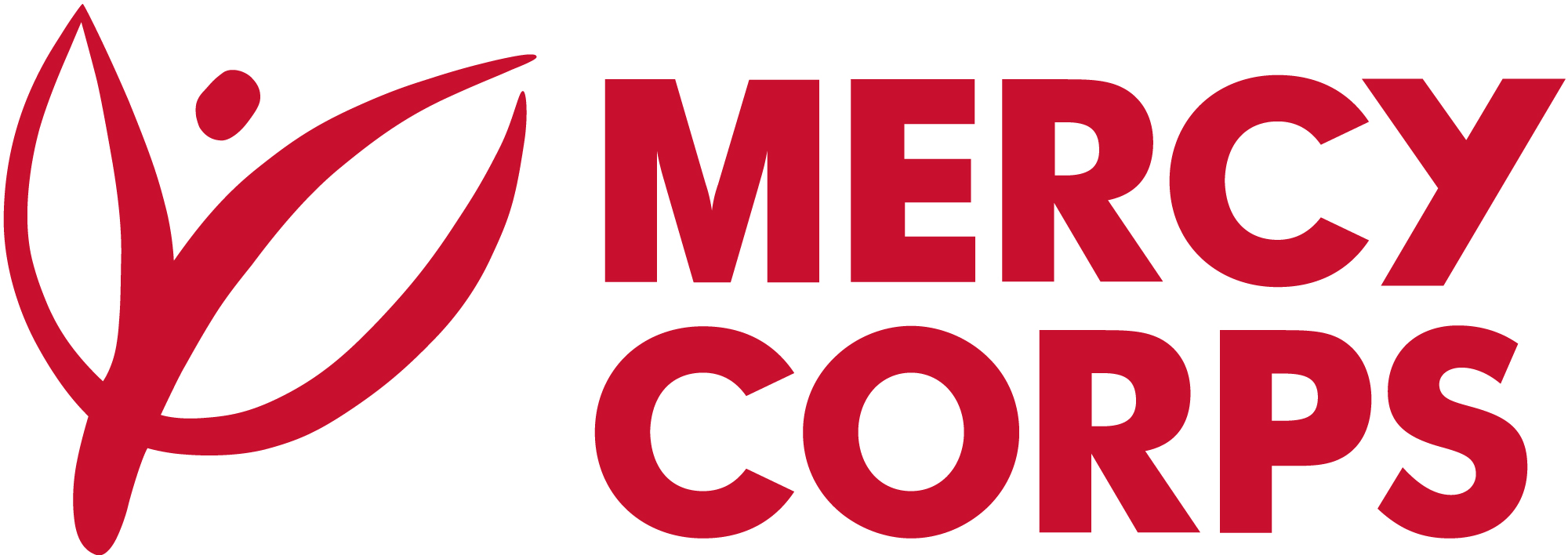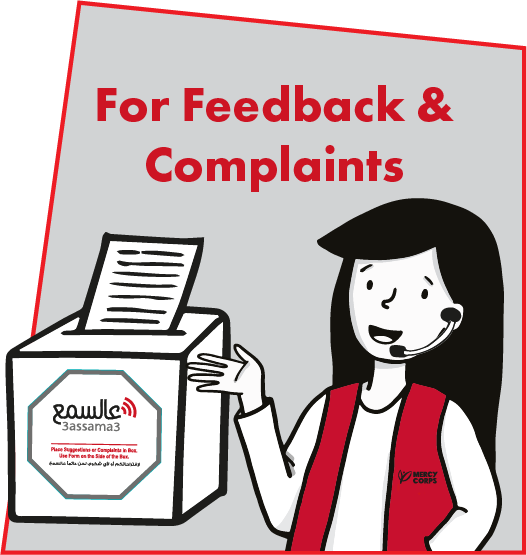Key Takeaways:
- The first parliamentary session to vote for a new president ended without success, raising concerns over ongoing political deadlock and the impact it could have on a potential economic recovery.
- The parliament passed the long-awaited 2022 budget, according to which customs tariffs will be calculated at an LBP-USD exchange rate of LBP 15,000 and public sector employees’ salaries will nearly triple. The Ministry of Finance also announced that it would change the value of the LBP-USD official exchange rate from LBP 1,507 to LBP 15,000.
- The LBP-USD parallel market exchange rate depreciated in September and closed the month at LBP 39,000. Continued depreciation is likely driven by banking strikes in response to a series of bank “raids” by depositors demanding access to their accounts, stalled efforts to elect a president, and changes in the formal exchange rate.
- Fuel prices continued to rise in Lebanon following the Central Bank’s decision to end credit lines for fuel importers at the Sayrafa exchange rate. Lower international prices have likely cushioned local fuel prices but the announced production cut by OPEC nations is expected to result in a global price surge, in turn increasing fuel prices in Lebanon. Despite the increase, public sector workers’ purchasing power will be significantly lower than prior to the crisis.
- Poverty-driven irregular emmigration is on the rise as numerous migrant vessels carrying Lebanese residents and citizens have been intercepted or lost at sea, resulting in a high number of casualties.
- Indirect negotiations between Lebanon and Israel to demarcate their shared maritime border extended through the end of September. The success or failure of the talks is expected to have an immediate impact on market confidence in Lebanon.
- Electricity and water shortages across Lebanon are forcing residents to turn to alternative means of acquiring both, with damaging environmental consequences. Poor access to clean water in particular makes preventable and deadly disease outbreaks more likely.
By Crisis Analytics Team, Mercy Corps Lebanon



